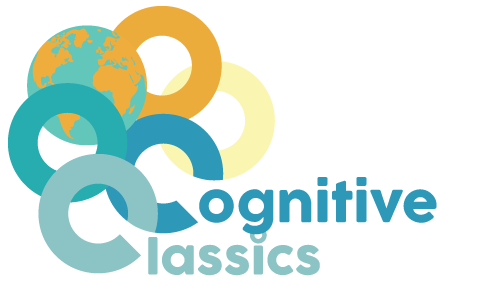Evolutionary psychology has always been a controversial field, and cultural evolution is no exception. The debates include questions about whether specific cultural phenomena, like storytelling, are evolutionarily adaptive, and questions about how to conceive of the evolution of human culture as a whole.
Scientific discussions:
Lewens, T. (2013). Cultural Evolution. In E. N. Zalta (Ed.), The Stanford encyclopedia of philosophy (Spring 2013 Edition). http://plato.stanford.edu/archives/spr2013/entries/evolution-cultural/ (full text)
A brief round-up of some of the main theories of cultural evolution, including memetics and its alternatives – coming down anti-memes.
Blackmore, S. (2010). Memetics does provide a useful way of understanding cultural evolution. In F. Ayala and R. Arp (Eds), Contemporary debates in philosophy of biology (pp. 255-272). Chichester: Wiley-Blackwell. http://www.susanblackmore.co.uk/Chapters/CDPB.htm (full text)
Makes the counter-argument for memetics (memes being a cultural replicator which demonstrates heredity, variation, and selection, as genes do) as an essential framework for understanding the development of culture.
Pinker, S. (2007). Toward a consilient study of literature. Philosophy and Literature, 31(1), 162-178. http://muse.jhu.edu/journals/philosophy_and_literature/v031/31.1pinker.html#fig01 (full text)
A review of The Literary Animal: Evolution and the Nature of Narrative, edited by Jonathan Gottschall and David Sloan Wilson, offering a critical summary of the contributions, and setting out the author’s own thoughts on whether literature is an evolutionary adaptation, alongside his reservations about how evolutionary-literary criticism is being done.
—
Cognitive humanities discussions:
Carroll, J. (2008). An evolutionary paradigm for literary study. Style, 42(2/3), 103-135. https://www.researchgate.net/profile/Joseph_Carroll5/publication/265937413_An_Evolutionary_Paradigm_for_Literary_Study/links/55f6de8708aeafc8abf50872.pdf (full text)
The target article in a special double issue on evolutionary approaches to literary study, providing a brief overview of the field and its current status, and addressing its relation to cognitive literary studies. The paper also covers questions about human nature and the interpretive process, the adaptive function of literature, and reductive and empirical methods. It’s followed by 32 peer responses, and a response by Carroll.
Kramnick, J. (2012). Literary studies and science: A reply to my critics. Critical Inquiry, 38(2), 431-460. http://english.yale.edu/people/tenured-and-tenure-track-faculty-professors/jonathan-kramnick (full text)
A considered intervention in the fraught field of literary Darwinism, taking in the arguments made by Brian Boyd, Joseph Carroll, Jonathan Gottschal, Paul Bloom, Blakey Vermeule, Vanessa Ryan, and Gabrielle G. Starr about the place of storytelling in human evolution, and the place of evolutionary literary criticism in the science-humanities ecosystem. This paper follows on from a target article by Kramnick in the same journal the previous year, ‘Against literary Darwinism’ (volume 37[2]; see the link above) and a set of responses, ‘Debating literary Darwinism’, in 38(2).
Flesch, W. (2007). Introduction. In W. Flesch, Comeuppance: Costly signaling, altruistic punishment, and other biological components of fiction (pp. 1-7). Cambridge, MA: Harvard University Press. https://www.amazon.co.uk/Comeuppance-Altruistic-Punishment-Biological-Components/dp/0674032284 (full preview)
An alternative to more mainstream ways of doing evolutionary literary studies, of which Flesch is critical for their reductionism, focusing not on the origins of storytelling but on its psychological and biological conditions of possibility: what is a story, what makes stories possible, what must we be like given that storytelling is a human universal, and what must the mind have evolved to do to be able and eager to tell and hear stories? The answers, set out in the rest of the book (including through analyses of Oliver Twist and King Lear), depend on concepts including altruistic punishment (our desire to see good rewarded and evil punished), costly signalling (we like costly signallers), and volunteered affect (in relation to storytellers and audiences).
